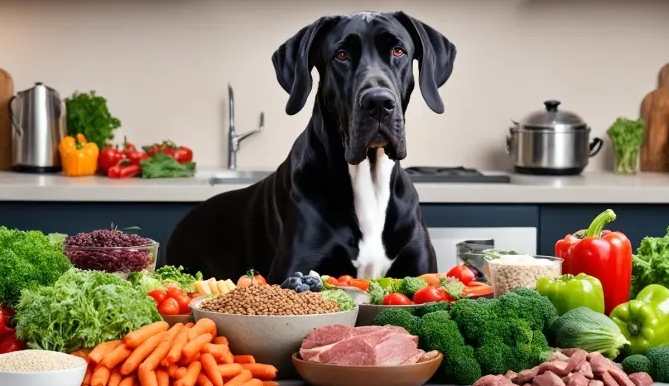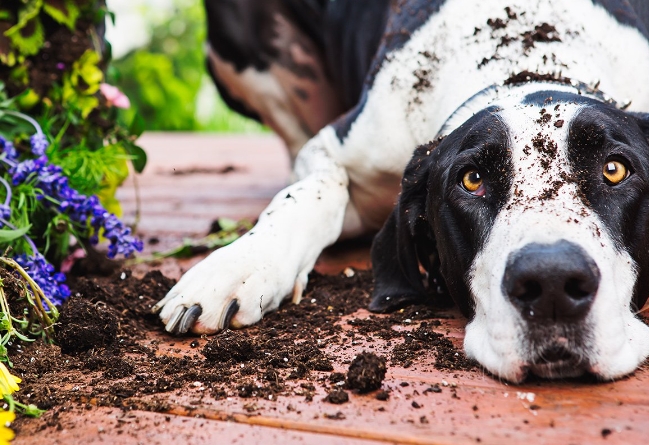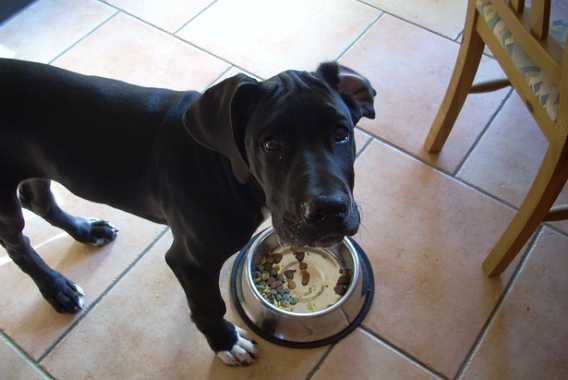As a giant dog breed, the Great Dane is loved by dog owners for its huge size and elegant temperament. However, it is precisely because of their large size that their nutritional needs are different from those of ordinary dog breeds, and a proper diet is essential to keep them healthy. The diet of Great Danes should not only meet their growth needs, but also pay attention to preventing some common health problems. This article will introduce you to how to provide a scientific diet for Great Danes, so that your dog can stay in the best condition like a Great Dane figurine.
1. High-quality protein
Great Danes need high-quality protein to maintain muscle and physical fitness, especially during the growth period. It is recommended to choose dog food with meat as the main ingredient, such as chicken, beef or fish, to ensure that Great Danes can get enough protein. For some larger Great Danes, the proportion of protein can be appropriately increased to help them maintain healthy muscles.
2. Control the calcium-phosphorus ratio
Calcium and phosphorus are very important for the bone health of Great Danes, especially during their growth period. However, the intake of calcium and phosphorus needs to be balanced, and too much calcium may cause bone problems. Therefore, choosing dog food with an appropriate calcium-phosphorus ratio can effectively prevent problems such as skeletal dysplasia and ensure the healthy bone development of Great Danes.
3. Fat and carbohydrate intake
Although Great Danes require higher calories, they should avoid excessive fat to prevent obesity. The right amount of fat can provide energy and make the hair healthier, while carbohydrates provide the energy needed for daily activities. When purchasing dog food, it is recommended to choose a formula containing a high-quality fat source (such as fish oil) and an appropriate amount of carbohydrates.
4. Regular and quantitative feeding
Great Danes are prone to problems such as gastric dilatation or gastric torsion, so regular and quantitative feeding is particularly important. Dividing daily food into two or three meals to prevent them from consuming too much food at one time can help reduce the risk of gastrointestinal discomfort.
Through scientific dietary management, your Great Dane can not only maintain a healthy weight and vitality, but also have an elegant body like the Great Dane figurine. A reasonable diet not only prolongs their lifespan, but also allows them to accompany you healthily and happily for many years.


